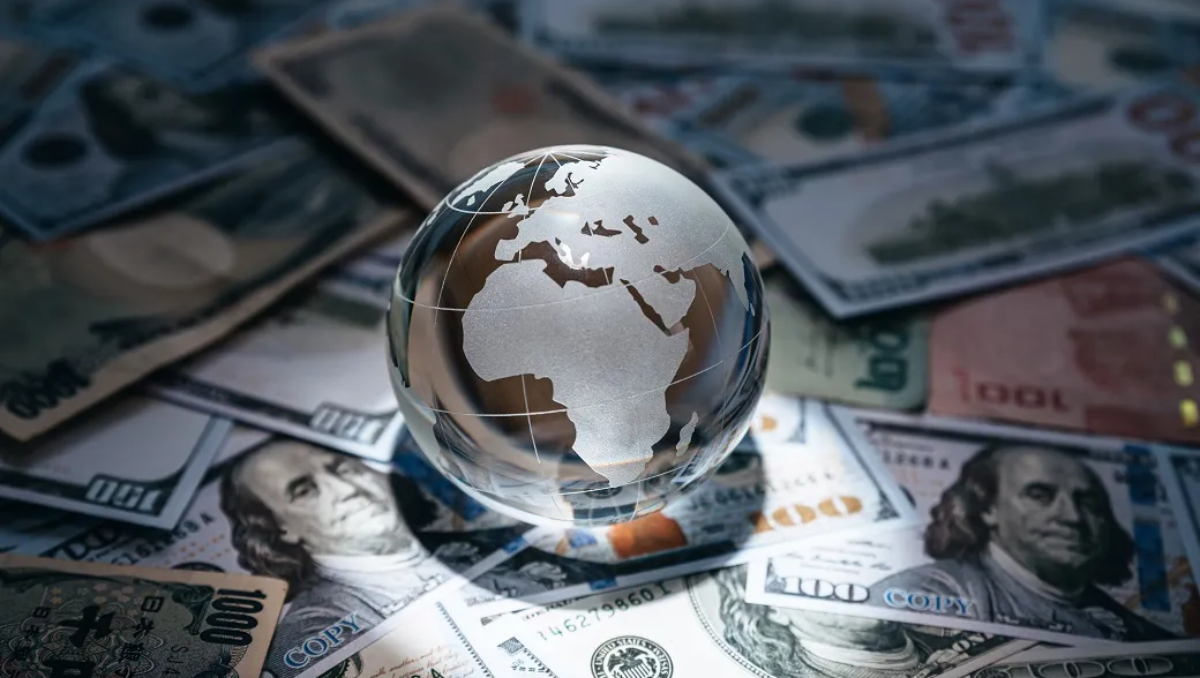Global growth is set to stabilize for the first time in three years, according to World Bank projections, although it will still be far below levels seen before the pandemic. This prediction, which is included in the most recent Global Economic Prospects report from the World Bank, emphasizes the continuous difficulties and cautious optimism in the world economy. These views are also echoed by the International Monetary Fund (IMF), which highlights the various recovery pathways taken by various economies and regions.
Post-Pandemic Economic Landscape
The COVID-19 pandemic has had a profound impact on the global economy, causing unprecedented disruptions across all sectors. Due to countries imposing lockdowns and travel restrictions, economic activity came to a halt, leading to a sharp contraction in global GDP. While many economies have shown resilience and signs of recovery, the path to stabilization has been uneven and fraught with challenges.
According to the most recent World Bank report, global growth is predicted to level off in 2024 at a rate of about 2.7%. While this is still less than the average global growth rate of 3.5% recorded in the ten years prior to the crisis, it represents a notable increase over the decline that was seen during the pandemic’s peak. Similar to this, the IMF’s World Economic Outlook anticipates moderate growth, highlighting the fact that the world economy is transitioning from fast development to a phase of stabilization.
Challenges to Sustained Growth
Sustained global growth remains quite challenging due to a number of variables. The aftermath of excessive inflation is one of the main worries. The global supply chain disruptions caused by the epidemic, along with the ensuing spike in demand, have resulted in ongoing inflationary pressures. In order to reduce inflation, central banks—such as the US Federal Reserve and the European Central Bank—had to impose stringent monetary tightening policies, which had an impact on economic expansion.
Furthermore, geopolitical tensions have worsened the world’s economic tensions, namely the current crisis in Ukraine. In many regions of the world, the fighting has caused price instability and raised concerns about food security by disrupting energy supplies and agricultural exports. Developing nations and rising economies have been especially hard hit by these disruptions, due to their increased susceptibility to outside shocks.
Due to the fiscal stimulus measures put in place to counteract the economic consequences of the pandemic, debt levels have also skyrocketed in several countries. Governments’ ability to finance social programs and public investment to promote economic growth is hampered by high debt loads. The World Bank and IMF demand international collaboration in order to handle these debt issues and guarantee a sustainable recovery.
Regional Disparities in Economic Recovery
There are notable differences in economic performance among regions, indicating that the recovery trajectory is not consistent. Thanks to intensive immunization programs and significant financial assistance, advanced economies like those in the United States and Europe have mostly recovered to their pre-pandemic output levels. However, the tightening of monetary policy and inflation are currently plaguing these economies.
In contrast, the recovery in developing and emerging markets will be more challenging and prolonged. According to World Bank projections, these regions’ growth will continue to be muted due to chronic health issues, restricted access to vaccines, and constrained room for fiscal and monetary policy. For instance, growth rates in Latin America and Sub-Saharan Africa are predicted to be much lower than their pre-pandemic levels, which would exacerbate inequality and poverty.
China, one of the main forces behind global expansion, has a conflicting image. Although the economy has recovered, it still faces obstacles from the collapse in the real estate industry, regulatory actions against important companies, and demographic issues. In the upcoming years, these problems may restrict China’s ability to contribute to global growth.
Policy Pathways to Economic Stability and Global Growth
The World Bank and the IMF emphasize the significance of coordinated policy initiatives to achieve sustained global growth. In developed economies, the emphasis should be on preserving monetary stability and providing targeted fiscal measures to support individuals and sectors that are more susceptible. Controlling inflation while maintaining economic growth is essential to avoid sabotaging the recovery.
To overcome their obstacles, developing economies and emerging markets need substantial international assistance. This entails making sure that everyone has equal access to healthcare and vaccinations, reorganizing unmanageable debt, and contributing money to government expenditures on social protection, infrastructure, and education. Multilateral cooperation can facilitate the integration of these economies into the global value chain and lead to more robust growth by enhancing trade and investment flows.
Moreover, addressing climate change and investing in green technologies are essential for a sustainable recovery. The transition to a low-carbon economy presents opportunities for innovation and job creation, which can drive long-term growth. Policies that promote renewable energy, sustainable agriculture, and climate resilience are critical to building a more resilient global economy.
